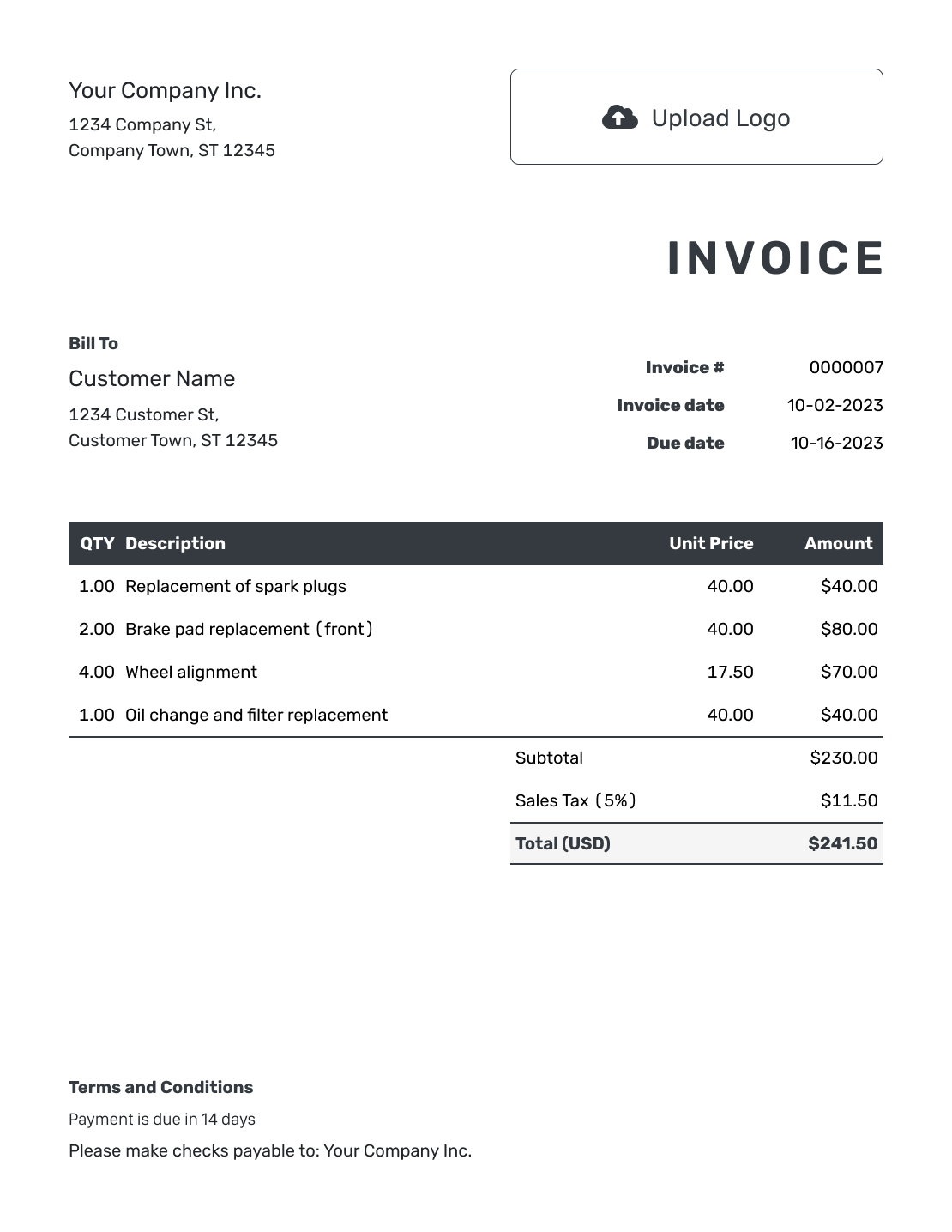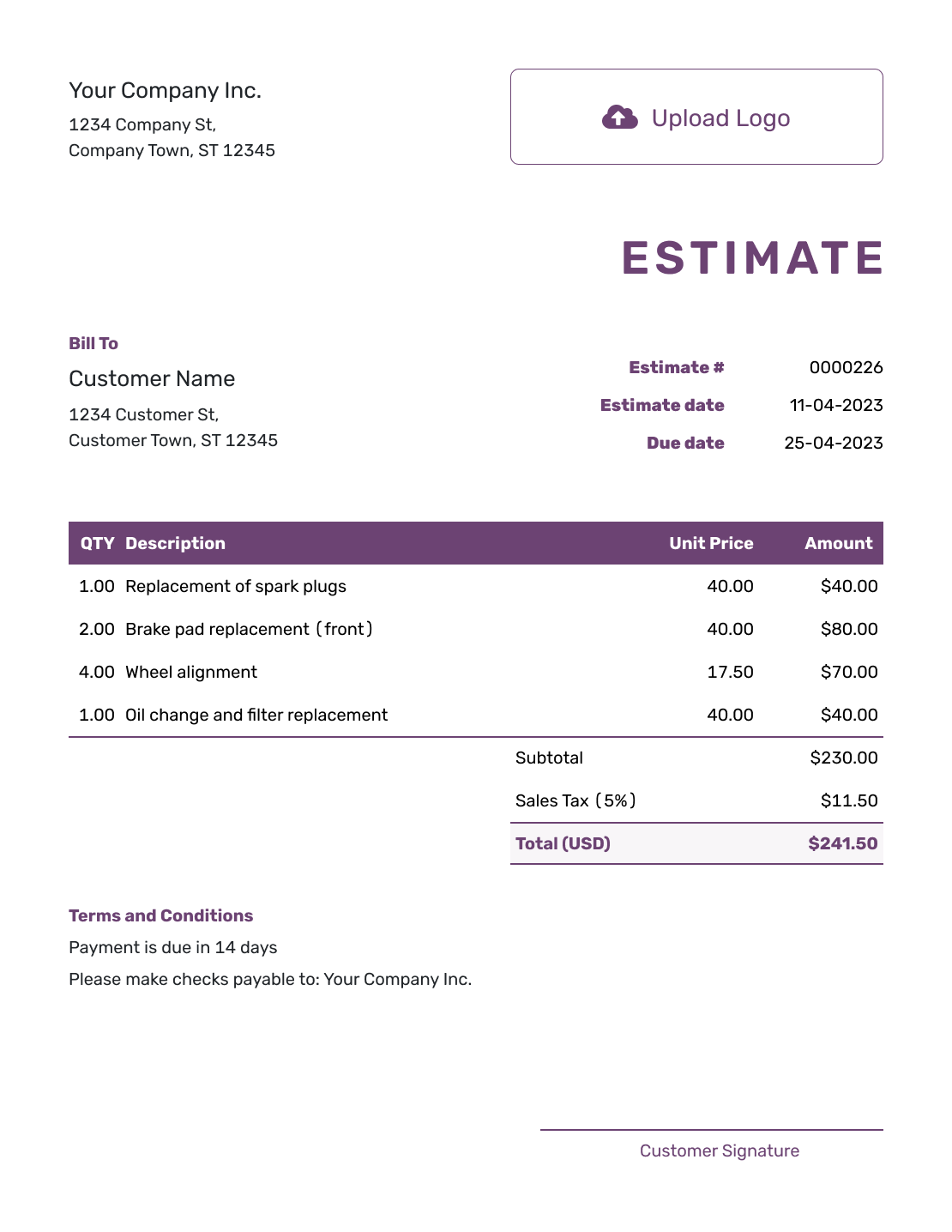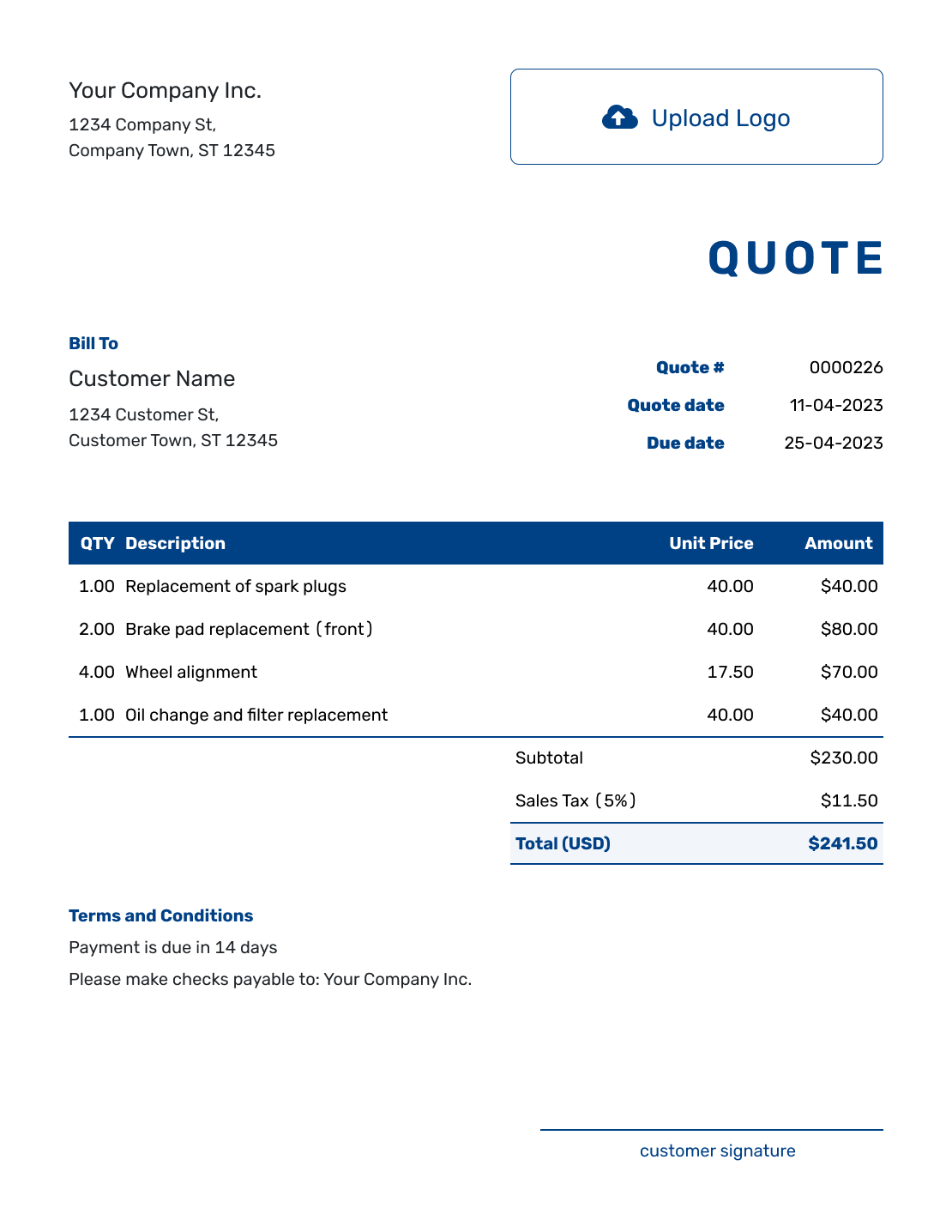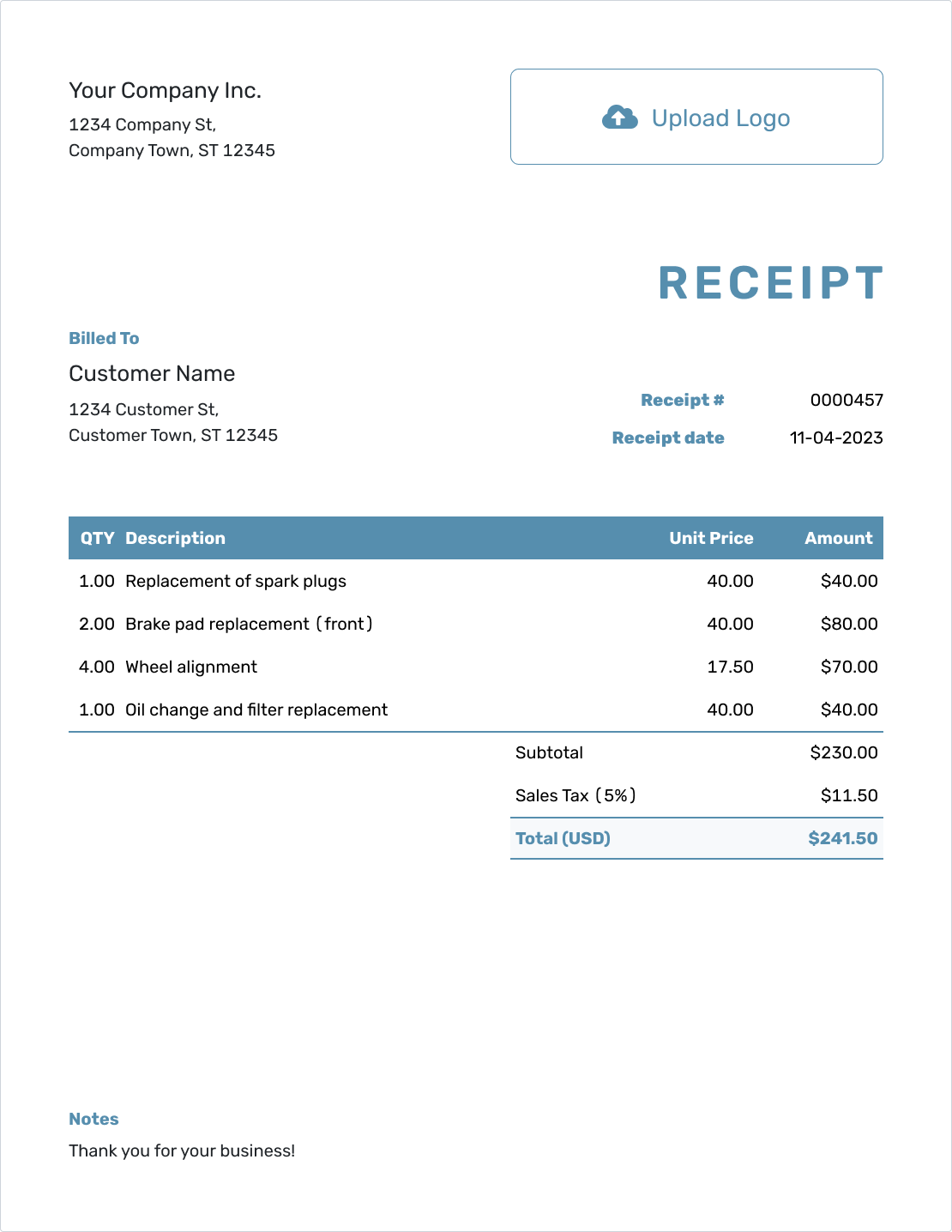Business Loan Calculator
Est. reading time: 9 min
A business loan is a sum of money borrowed by a firm from a financial institution, used as a way to start, expand, or support a business. It must be repaid with interest, which compensates the lender for the risk of the loan.
Also try:
Table of Contents
- Word Definitions
- What is a Business Loan?
- How to Calculate a Business Loan
- Types of Business Loans
- Examples
- Loan Amortization Schedule
- Frequently Asked Questions
- Further Reading
Word Definitions
-
Principal:
The original amount of the loan that needs to be repaid. -
Interest:
The cost of borrowing the principal amount, usually expressed as a percentage. -
Annual Percentage Rate (APR):
The annual rate charged for borrowing or earned through an investment, which includes any fees or additional costs associated with the transaction. -
Loan Term:
The duration over which the loan is to be repaid. Longer loan terms can lower monthly payments but increase the total interest paid over the life of the loan. -
Amortization:
The process of spreading out a loan into a series of fixed payments over time. You pay off the interest and some of the principal in each installment. -
Monthly Payment:
The amount that must be paid each month to the lender until the loan amount and the interest are fully repaid. -
Total Payments:
The sum of all payments made toward the loan, including all monthly payments over the loan term. -
Total Interest:
The total amount of interest paid over the life of the loan.
What is a Business Loan?
A business loan provides financial aid to businesses of all sizes. It is particularly critical for small businesses, serving as a lifeline for business operations or expansion. Loans can be used for capital, inventory purchases, building renovations, or to increase working capital.
How to Calculate a Business Loan
Calculating a business loan involves understanding not only the monthly payments but also the total interest paid, the total payments made over the life of the loan, and the number of payments. Here’s how to calculate each component:
Monthly Payment Calculation:
| Monthly Payment = P x | i x (1 + i)n |
| (1 + i)n – 1 |
Where P is the loan principal (the total amount borrowed), i is the monthly interest rate (annual rate divided by 12), n is the total number of payments (loan term in years multiplied by 12).
The number of payments is the total number of monthly payments that will be made, which is the loan term in years multiplied by 12:
| n = | 12 x Loan term in years |
Total Payments Calculation:
| Total Payments = | n x Monthly Payment |
Total Interest Calculation:
| Total Interest = | n x Monthly Payment - P |
Types of Business Loans
Understanding the different types of business loans can help entrepreneurs and business owners make informed decisions about financing. Each type of loan serves different business needs and has unique qualification criteria. Here are the most common types of business loans:
Term Loans
Term loans are traditional types of loans where a borrower gets a lump sum upfront and pays it back with interest over a predetermined period. These are suitable for established businesses looking to fund large, one-time investments.
Short-Term Loans
Short-term loans typically have a term of one year or less and are quickly funded. They are ideal for businesses needing immediate capital to manage temporary cash flow issues.
Lines of Credit
A line of credit offers flexibility that regular business loans do not. Businesses can draw from a set credit limit and only pay interest on the money they use. This type is perfect for handling unexpected expenses and seasonal cash flow gaps.
SBA Loans
Small Business Administration (SBA) loans are partially guaranteed by the government, making them less risky for lenders and often allowing for more favorable terms and lower interest rates for borrowers. They are excellent for businesses looking for long-term growth or recovery funding.
Equipment Financing
Equipment financing is specifically meant to be used for purchasing business equipment. The equipment itself often serves as collateral for the loan, which can help secure lower interest rates.
Merchant Cash Advances
This type of financing provides funds in exchange for a portion of the business’s future sales. While quick and easy to obtain, merchant cash advances can be more expensive than other types of loans and are best for businesses with high sales volume.
Invoice Financing
Invoice financing allows businesses to borrow money against the amounts due from customers, helping improve cash flow, pay employees, and reinvest in operations. It’s beneficial for businesses that operate on a credit basis with their customers.
Each loan type has its advantages and considerations. When choosing a business loan, it’s important to consider your business's financial situation, the purpose of the loan, and your ability to repay the debt. Consulting with a financial advisor to choose the right type of loan can also provide significant benefits.
Examples
Here are two examples to illustrate how to calculate a business loan using the given formula:
Example 1: Short-term Business Loan
Consider a $10,000 loan with an annual interest rate of 10% and a term of 12 months. The monthly interest rate (i) is 10% divided by 12, which is approximately 0.0083.
| Monthly Payment = | $10,000 x 0.0083 x (1+0.0083)12 |
| (1+0.0083)12 – 1 |
Using this formula, the monthly payment comes out to approximately $879.
Example 2: Long-term Business Loan
Assume a $50,000 loan at a 7% annual interest rate over 10 years (120 months). The monthly interest rate is 7% divided by 12, which is about 0.0058.
| Monthly Payment = | $50,000 x 0.0058 x (1+0.0058)120 |
| (1+0.0058)120 – 1 |
This formula will result in a monthly payment of approximately $581.
Loan Amortizaton Schedule
For a detailed loan amortization schedule, please enter the Loan Amount, Interest Rate and Loan Term (in years) into the business loan calculator.
| Month | Start Balance | Interest | Principal | End Balance |
|---|
Frequently Asked Questions
-
What is a business loan?
A business loan is a sum of money lent to a business, which must be paid back with interest. These loans are typically used to finance major business operations or expenses that the company is unable to afford upfront.
-
How can I qualify for a business loan?
Qualifying for a business loan usually requires a business to have strong credit, a solid business plan, and sometimes collateral. Lenders will also review your business's financials, including revenues and expenses, to assess its financial health.
-
How do you calculate the cost of a business loan?
The cost of a business loan is calculated by determining the total of all payments made toward the loan, which includes the principal and the interest. Use the loan amount, interest rate, and loan term to determine your monthly payment and then multiply by the number of payments.
-
What are different types of business loans available?
There are several types of business loans, including term loans, lines of credit, SBA loans, equipment financing, and merchant cash advances. Each type serves different business needs and has different requirements, terms, and conditions.
-
How does a business loan impact my credit score?
Taking out a business loan can affect your credit score in several ways. If you make timely payments, it may improve your credit score. However, if you miss payments, it could significantly lower your score. Additionally, the initial credit check by lenders might cause a small temporary drop in your credit score.
-
Are there penalties for prepaying my business loan?
Some business loans may include prepayment penalties, which are fees charged if you pay off your loan early. These penalties can vary by lender and loan type, so it's important to review your loan agreement or speak with your lender about the specifics of your loan before making extra payments.
-
Can I get a business loan without collateral?
Yes, it is possible to obtain a business loan without collateral, particularly if you are seeking unsecured loans. These loans may have higher interest rates or more stringent credit requirements due to the increased risk to the lender.
-
Is it possible to refinance a business loan?
Yes, refinancing a business loan is possible and can be beneficial if you can secure a lower interest rate or better terms. Refinancing can help reduce your monthly payments, extend your loan term, or consolidate multiple loans into one.
Further Reading
For more information on business loans and financing options, consider the following resources:
- U.S. Small Business Administration (SBA) Loans - Provides information on various loan programs such as 7(a), 504, and microloans, designed to support small businesses in different stages of growth.
- Best Small Business Loans - Offers reviews and comparisons of top lenders, helping business owners find the best rates and terms to meet their financing needs.
- NerdWallet - Best Small Business Loans - Provides a comprehensive guide to choosing the best small business loan, including tips on what to consider and how to apply.





